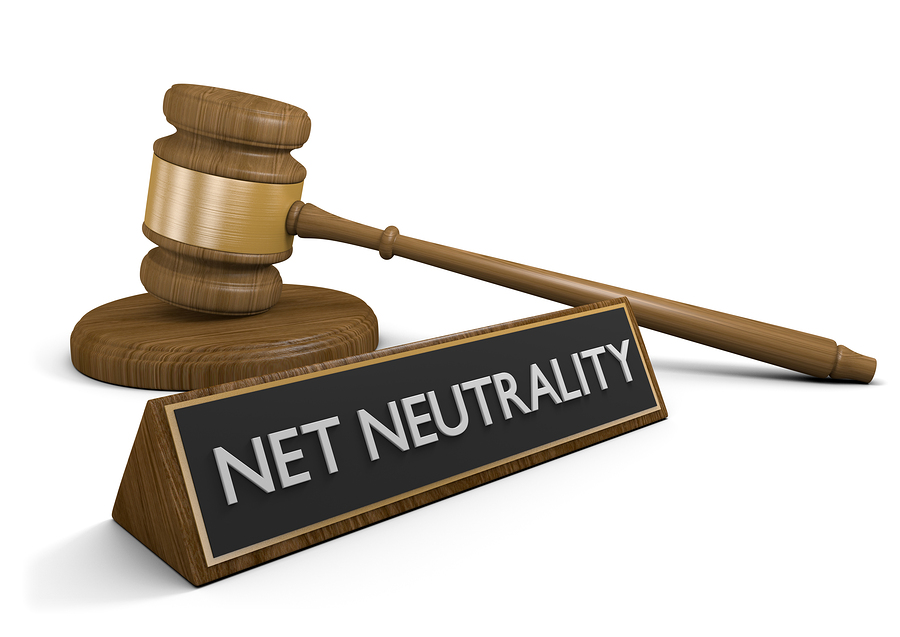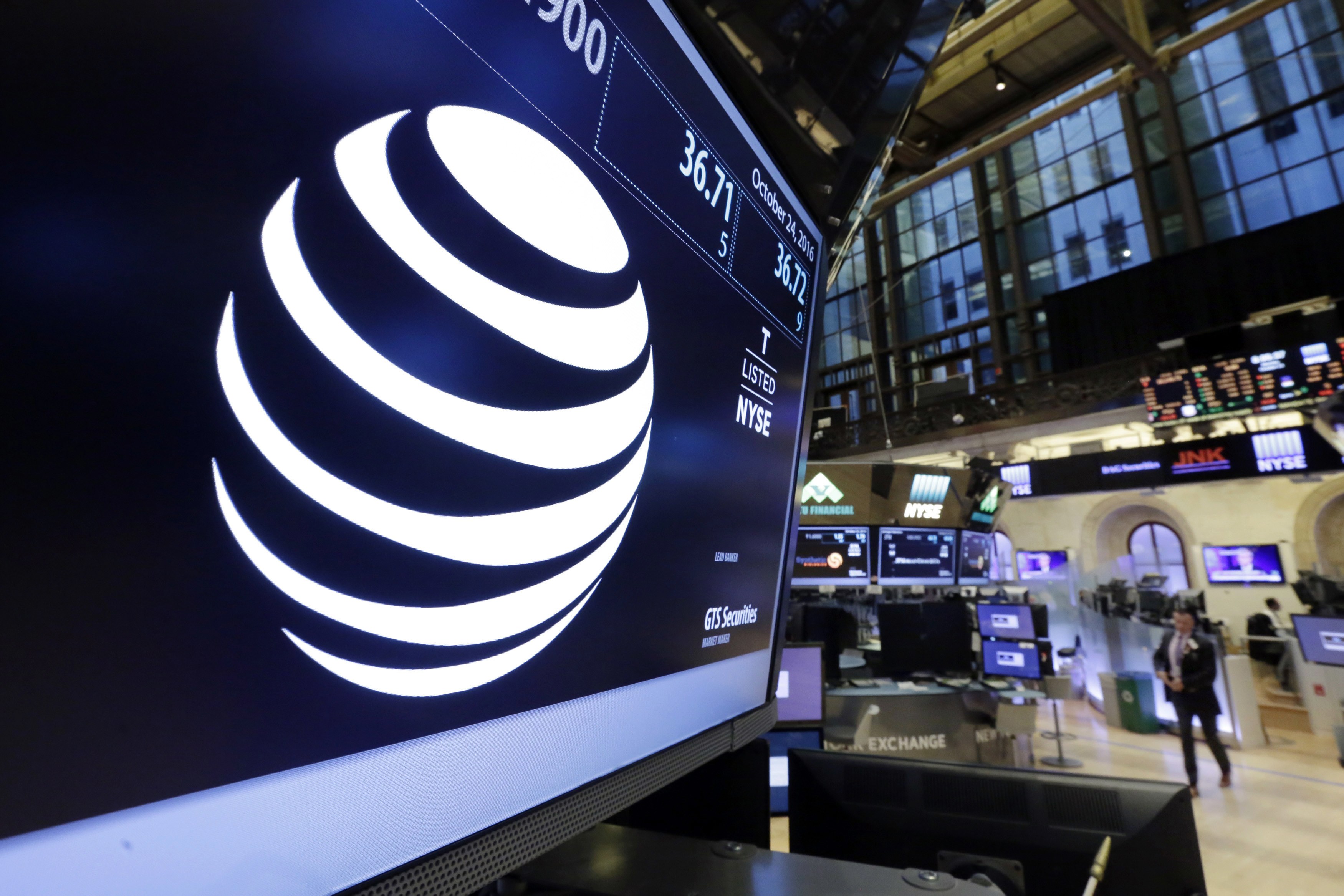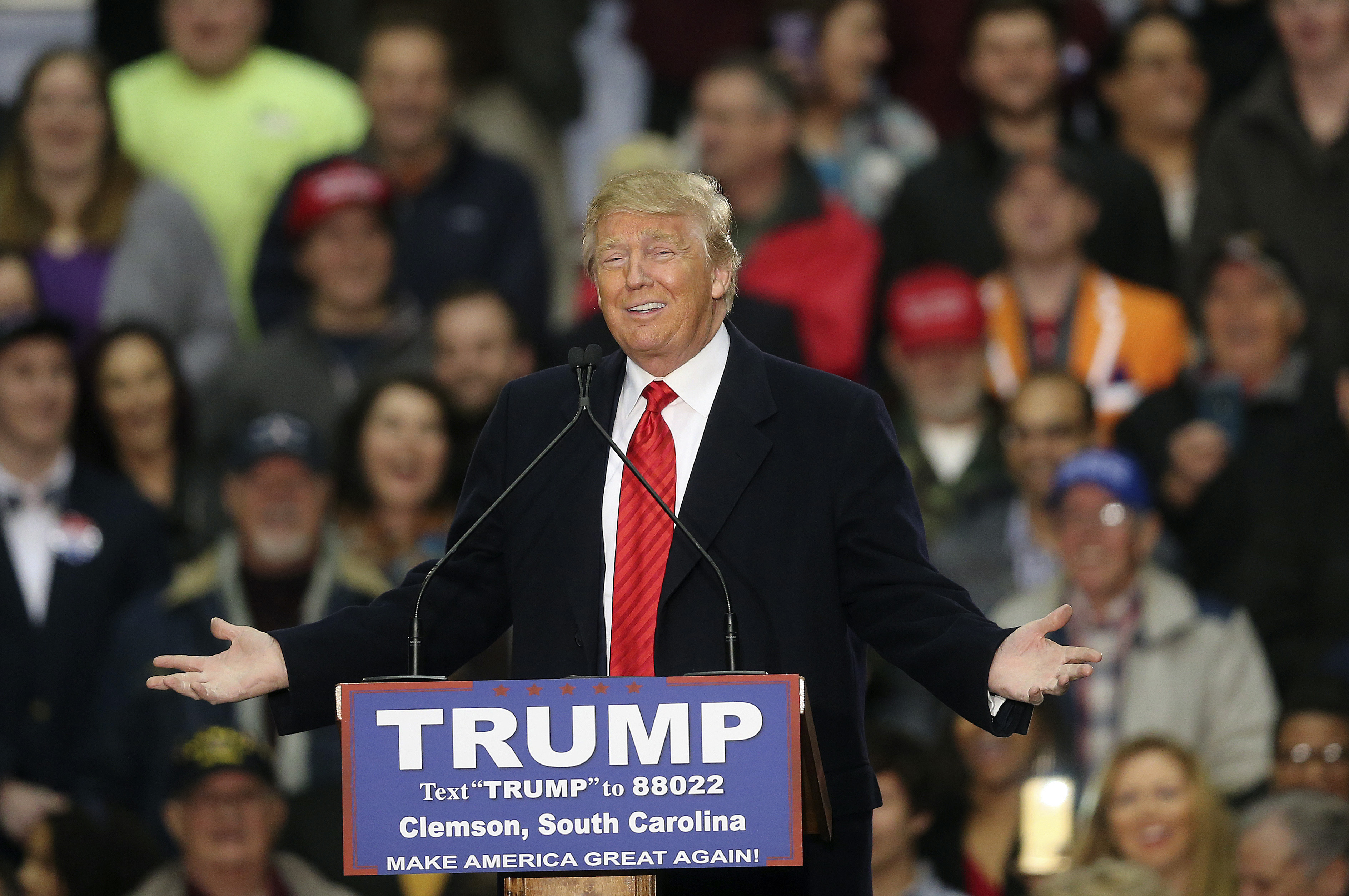Congress, Not the Courts, Is the Only Place The Net Neutrality Fight Can Be Settled

The D.C. Circuit Court of Appeals heard oral arguments for the latest net neutrality lawsuit, Mozilla v. FCC, on Friday, but the rehash of the net neutrality debate shows litigation will only continue until Congress writes a clear law ending the debate once and for all.
Mozilla sued the Federal Communications Commission (FCC) about a year ago when the FCC overturned the Obama-era net neutrality rules in December 2017.
The net neutrality rules, established in 2015 by the Obama administration’s FCC, required internet service providers (ISPs) to treat all internet traffic equally — no matter what kind of application, content, platform, website or user. The rules prohibited ISPs from discriminating against applications, content, platforms, websites and users by blocking or throttling traffic. The rules also assume a free and open internet.
Many tech companies favor net neutrality because it assumes a free and open internet, which means tech companies don’t have to pay — or pay as much — for the high volume of traffic they monopolize. For example, Comcast and Netflix squabbled for years over Comcast wanting to charge Netflix more for its bandwidth usage because Netflix comprised so much of downstream internet traffic (up to 40 percent).
Net neutrality, in general, is good for Silicon Valley. Last year, the lobbying group representing tech heavyweights like Amazon, Facebook and Google — the Internet Association — filed an amicus brief in support of Mozilla in Mozilla v. FCC.
Roslyn Layton, visiting scholar specializing in tech policy at the American Enterprise Institute (AEI), thinks this skews the internet economy to benefit Big Tech.
“What it allows Silicon Valley companies to do is use someone else’s network without paying for it,” she said. “Silicon Valley will always be for net neutrality because their price will always be zero. It’s about Silicon Valley putting a rule in place that benefits itself.”
But depending on which party is in power, the FCC will constantly go back and forth on the issue of net neutrality, partly because the definitions are confusing. When the FCC passed net neutrality rules in 2015, the agency classified the internet as a “telecommunications service,” or a service that transmits information from Point A to Point B. Previously, the internet’s classification was “information service,” or a service that provides information or access to information.
The problem is, tech experts vehemently disagree about which kind of “service” the internet is, and many think the internet is both and neither a “telecommunications” or an “information service,” because it fits both definitions so imprecisely.
The definition matters because net neutrality can only apply to telecommunications services.
“The FCC has absurdly tried to separate internet access from functionality that’s necessary to providing that internet access—specifically, caching and domain name (DNS) services,” Electronic Frontier Foundation (EFF) technologists and experts wrote in a Feb. 1 blog post. “As we’ve pointed out before, the FCC’s false distinction between ‘internet access service’ and ‘a distinct transmission service’ is utterly ridiculous.”
Layton agrees that parsing the legal language is ridiculous — which is why Congress should just write a law and end the back-and-forth.
“It was always a bad definition and it’s still a bad definition,” she said. “The FCC has confirmed that the internet is one and both and neither [a telecommunications or information service]. So that’s part of the reason why it needs to come back to Congress. If we write a law that says we’re going to have net neutrality rules and it’s the FCC’s job to regulate that, then I’d be ok with that. But Congress never gave the FCC these rules.”
Furthermore, she said, the back-and-forth hurts innovators and entrepreneurs in the internet economy, another reason for Congress to legislate the issue.
“If you’re an innovator, how would you like every four years if your category gets switched because there’s a different party? Lo and behold the FCC has changed my classification and now I can’t earn money anymore,” she said.






